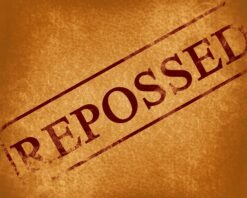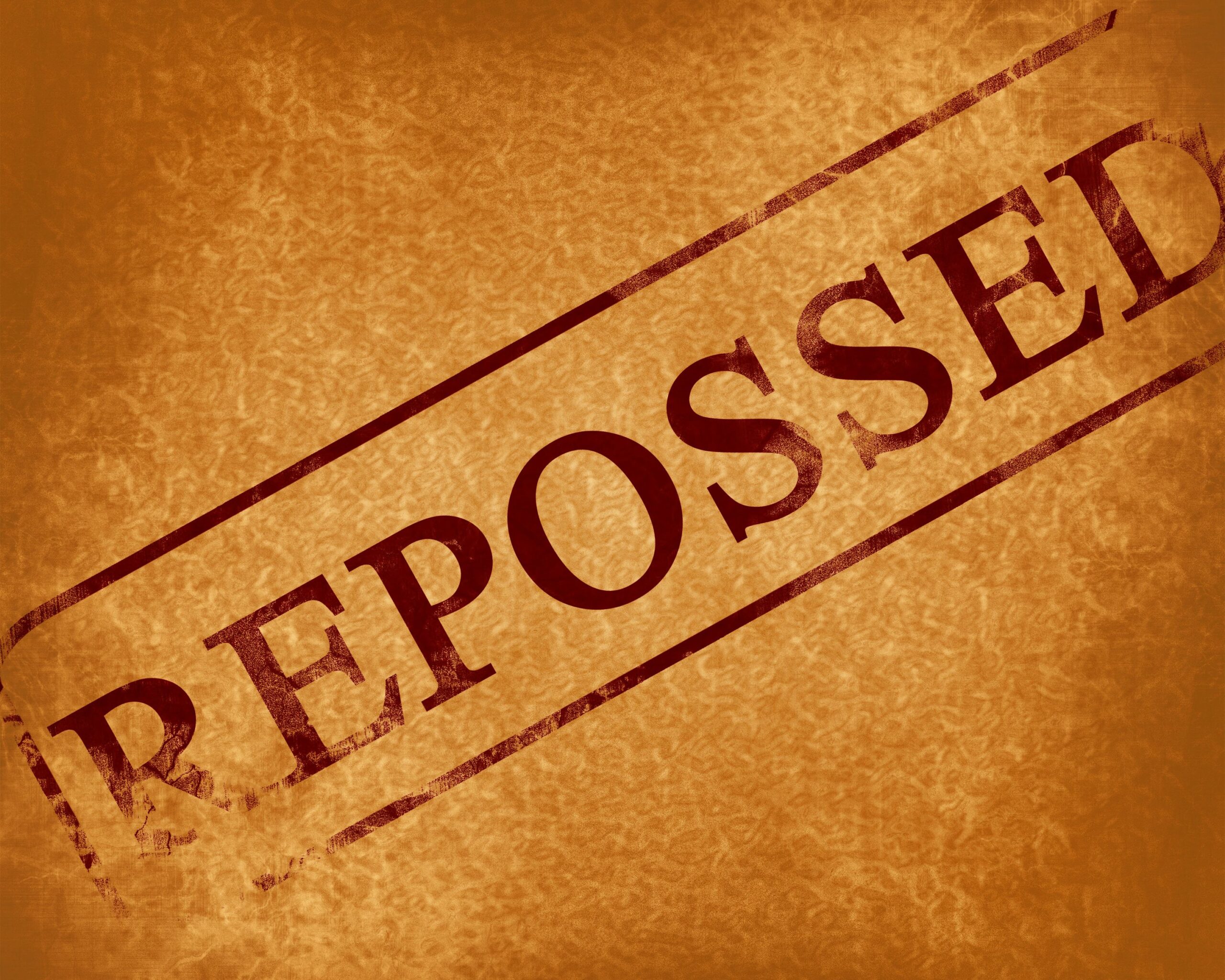
If you have a mortgage shortfall after your property is repossessed you are still liable to pay the debt. One way to manage this is to go Bankrupt.
Included in this article:
- What is a Mortgage Shortfall?
- Can a Mortgage Shortfall be included in Bankruptcy?
- How to write off a Mortgage Shortfall with bankruptcy
- Should you sign a Deed of Assignment?
Want help to go bankrupt? Give us a call (0800 077 6180) or complete the form below to speak to one of our experts
What is a Mortgage Shortfall?
If you are unable to pay your mortgage and cannot sell your home because it is in negative equity your mortgage lender is likely to repossess. If you agree to hand back the keys this is known as voluntary repossession.
After repossession the lender will normally sell your property to recover the money they are owed. If the sale price they achieve is less than the amount you owe the outstanding balance is called a mortgage shortfall.
The shortfall may be relatively small. Where this is the case you could be in a position to simply pay the debt. Very often however it can run into many thousands of pounds.
You remain personally liable to repay a mortgage shortfall. If the mortgage was in joint names than both parties are joint and severally liable for the full balance.
Can a Mortgage Shortfall be included in Bankruptcy?
If you cannot pay the mortgage shortfall you owe, bankruptcy is an option. The debt can be included because it is now unsecured. The property it was originally secured against no longer exists.
Although it may sound worrying, going bankrupt in these circumstances can be an extremely sensible solution.
Once you are bankrupt your mortgage shortfall debt will be taken away from you. You will only have to make payments towards it if you can afford to do so.
Struggling to get your head round all of this? We can help. Call us (0800 077 6180) or complete the form below. The advice is free and confidential.
How to write off a Mortgage Shortfall with Bankruptcy
If your property is going to be repossessed the first thing you will need to do is move into alternative accommodation. This may or may not involve you moving into a rented property.
Once you have moved you can go through the bankruptcy process at any time. You do not need to wait until your mortgage lender actually sells your house. If you are under pressure from other debts you can do it straight away.
When your home is eventually sold and any shortfall realised the lender will contact you about repayment. Then you simply inform the Official Receiver about the debt. They will deal with it for you.
A Mortgage Shortfall will be included and written off by Bankruptcy even if the house is not sold until after you are discharged.
Should you sign a Deed of Assignment?
If you are unable to pay your mortgage and decide to ask the lender to repossess they may ask you to sign a Voluntary Surrender form. There is no reason not to do this.
Signing this form simply speeds up the repossession process. You are giving your consent for the lender to repossess the property rather than them having to go to Court to obtain an Order to force you out.
Having said you must make sure you do not sign a Deed of Assignment. Doing so could result in you remaining liable for any mortgage shortfall even if after you go bankrupt.
If you are in doubt about anything your mortgage lender asks you to sign when your house is being repossessed simply do not sign it. If you stop paying your mortgage and move out you can be sure the repossession process will happen anyway.
Arrange a call with a Bankruptcy Expert
Privacy Policy |



Hi. I went Bankrupt 14years ago. I am still getting letters saying there is a shortfall in the mortgage on the property I owned. But it was taken back when I went Bankrupt. But they are saying when it was sold, it was not sold at a profit. So there is still a shortfall to pay.
I thought after all this time, everything would have been sorted out and that I don’t have to pay the shortfall.
Hi Zena
I can confirm that any mortgage shortfall which was still outstanding after your property was repossessed and sold, is legally included and written off by your bankruptcy.
It is possible that the mortgage or insurance company and their collection agency (who are pursuing you for this debt) are not aware that you went bankrupt 14 years ago. Clearly for what ever reason it is not listed on their system. Have you tried to speak to them and let them know?
If not, I would do that first of all. It would help if you could give them a copy of your Bankruptcy Order and reference number (which would have been issued to you by the court at that time).
If they are still not satisfied, you will need to contact the official receiver’s office that dealt with your original bankruptcy and escalate to them.